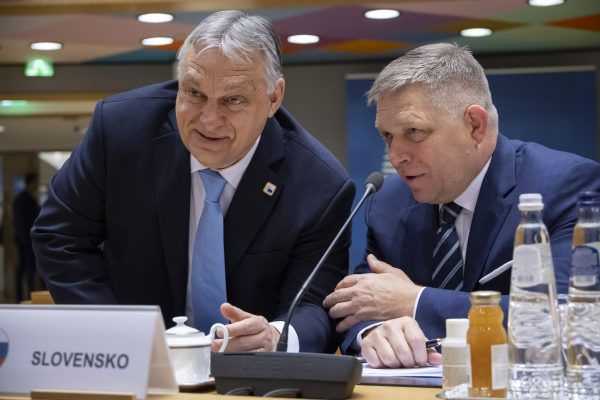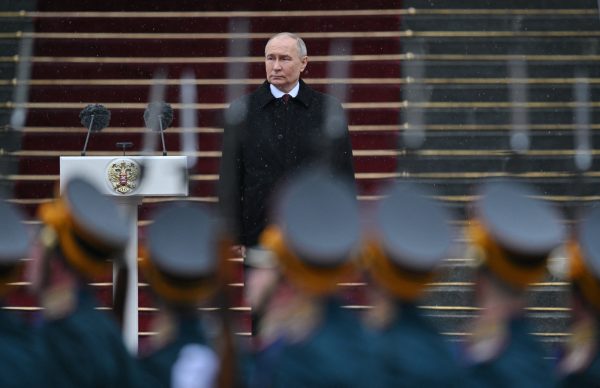What can a country of a million people do that dismays foes, gives heart to allies, strengthens the transatlantic alliance, and signals bravery and imagination? The answer will be on display in Tallinn on Wednesday at a seminar hosted by the International Centre for Defence Studies, Estonia’s main think tank.
The speakers will include two leading Estonian parliamentarians, the former foreign minister, Urmas Reinsalu, and the long-time chairman of the foreign affairs committee, Marko Mihkelson. But the big draw is a man who in most of the world counts as a political pariah. He is Joseph Wu, foreign minister of Taiwan.
The party-state in Beijing regards the self-governing island he represents as a rebel province, unfinished business from the civil war it won in 1949. That need not matter: many countries have strange ideas about history and geography (ever tried explaining the difference between Britain, Great Britain, and the United Kingdom?). The mainland regime could have made the “one-China policy” a minor and private diplomatic quirk, in which case other countries’ relations with Taiwan would be like those with Singapore: friendly, productive, and boring.
Instead, the party-state habitually threatens the offshore democracy with forced reunification. Moreover, it insists, neurotically, that every other country must follow its peculiar objection to Taiwan’s existence as a political entity. That means it complains vigorously about any public depiction of Taiwan as a country, even on a drop-down menu on a website. Only “Chinese Taipei” or “Taiwan, Province of China” are allowed.
This is not just annoyingly bossy. It makes Taiwan into a touchstone of other countries’ China policy. And it signals vulnerability. If you want to annoy Beijing, do something — anything — that involves Taiwan. Countries with strong principles and gutsy leaders have seized the chance. The Czechs pioneered this, first in 2019 through the then-mayor of Prague, Zdeněk Hřib, who studied medicine in Taiwan and revoked his city’s “One China” policy. Next came the speaker of the senate Miloš Vystrčil, who gave a JFK-style “I am Taiwanese” speak to fellow lawmakers in Taipei in 2020. The new president, Petr Pavel, appeared in public with foreign minister Wu in June this year.
Lithuania picked up the baton next, infuriating the Chinese authorities in 2021 by opening de facto embassies in Vilnius and Taipei. In each case, the result was frothing rage in Beijing. But life went on.
Now it’s Estonia’s turn. Its approach is more measured than Lithuania’s. Mr Wu won’t have formal meetings with his ministerial counterparts. Though a Taiwanese office will open in Tallinn, it will be under the “trade and cultural” tag adopted in most foreign capitals, not the full “Taiwan” label used in Vilnius.
But the big picture is clear. A handful of small European countries have faced down the Chinese giant. Its attempt to enforce a global boycott of political ties with Taiwan has failed. That has two effects. One is to encourage other countries to be braver (hello, Latvia). “There are so many visits nowadays, at least a parliamentary level, that they are not hunting down everybody and everything,” says Mr Mihkelson.
The other is to signal to the United States that at least some European countries see the world clearly. The biggest long-term headache for decision-makers in Washington, DC, is the hegemonic, impenetrable Chinese party-state. The most immediate issue in this dossier is Taiwan’s security. By strengthening practical and symbolic contacts, European allies are sending a message: this is our fight too. That is not just the right thing for freedom-loving countries to do. It also raises the chance that when they need US help, they will get it.
Europe’s Edge is CEPA’s online journal covering critical topics on the foreign policy docket across Europe and North America. All opinions are those of the author and do not necessarily represent the position or views of the institutions they represent or the Center for European Policy Analysis.





